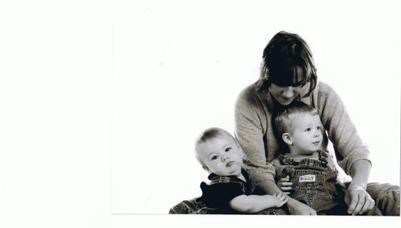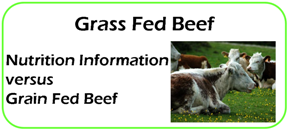|
Infant Mortality Rates Contribute to the Vaccine ControversyIn a recent study sure to stir the vaccine controversy, Niel Miller and Gary Goldman provide evidence that infant mortality rates are not improved by a hefty vaccine schedule. Quite the opposite: Infant deaths increase with increased vaccine doses.
In this study, the authors compiled worldwide figures of recommended vaccine schedules, and the number of deaths during a child's first year after birth, by country. In their analysis, based on the number of deaths per 1,000 children born, the United States ranked 34th for infant mortality. In 2009, Singapore, Sweden and Japan topped out the list at first, second, and third place, respectively, each with fewer then 3 deaths per 1,000 children. In contrast, the US had 6.22 deaths per 1,000 children during the same time period. The number of vaccines among countries varies widely. Japan and Sweden recommend 12 vaccine doses during the first year - the fewest of any country reviewed. Singapore's schedule includes 17 vaccine doses during the first year. The US recommends a whopping 26 vaccine doses during the first year - the most of any country reviewed. The September 2011 article published in Human and Experimental Toxicology, points out a significant correlation between infant mortality and recommended vaccine doses during a child's first year: heftier vaccine schedules in a country, correlated with higher infant mortality rates. The authors go one step further to suggest that SIDS (Sudden Infant Death Syndrome) may include unrecognized vaccine-related deaths. They offer some evidence to suggest that unexplained infant deaths, or total infant deaths, have not actually decreased since the "back to sleep" campaign began, even though deaths formally certified as SIDS have decreased. While this discussion did not convince me that SIDS is vaccine-related death in disguise, I did leave with the sense that an ambiguous death reporting system will make, and has made studying epidemiological data on death rates difficult. In fact, for the purposes of researching the vaccine controversy, reported causes of death seem useless based on the author's discussion. The problem with this study, as with many vaccine studies to date, is that it fails to prove causation. There is a significant correlation, so at the least, additional vaccine doses do not seem to offer any protective effect. The other problem: We simply do not know the infant mortality rates of non-vaccinated children, or children with fewer vaccines compared to fully vaccinated children. This study reviewed infant mortality rates for each country as a whole, without consideration for compliance. The authors contend that most of the countries used in this study have compliance rates at 90% or more. Nonetheless, such variation could contribute to statistical variation, if even just a bit. Similarly, previous studies of vaccine adverse reactions can correlate the time that health problems began with the timing of vaccines. Researchers argue that such temporal correlation fails to prove causation, as well. However, the correlation between vaccine schedules and infant mortality, as with the correlation between the time of the vaccines and the onset of health problems, offer significant evidence to warrant additional research into the safety of vaccines. Specifically, this study demands additional research on the safety of aggressive vaccine schedules during the first year of life. The fact is that the US recommends more vaccine doses during the first year of a child's life than even our close friends Canada, Australia, or the United Kingdom. It is important to draw this comparison, because like the US, these countries also benefit from strong health care systems and available medical care, as well as well-developed sanitation and public health systems. Yet, Canada, the UK and Australia recommend fewer vaccines for their infants and have significantly reduced infant mortality rates than the US. How does this study affect your opinion of the vaccine controversy? Please comment below. You may also be interested in
What Causes Autism?
Reference Miller, NZ, GS Goldman. "Infant mortality rates regressed against number of vaccine doses routinely given: Is there a biochemical or synergistic toxicity?" Hum Exp Toxicol. 2011; 30(9): 1420-1428 Return to
Natural Health Articles by Topic
from
Infant Mortality Rates Contribute to the Vaccine Controversy
|













